Ejisu-Odaho Farmers Cry Over Destruction of Farmlands by Private Developer

Farmers in the Ejisu-Odaho community in the Ashanti Region are lamenting the destruction of their farmlands by a private developer who claims ownership of the land. According to the affected farmers, several acres of their cocoa, cassava, and other crops have been cleared to make way for the developer’s projects, leaving them without a source of livelihood.
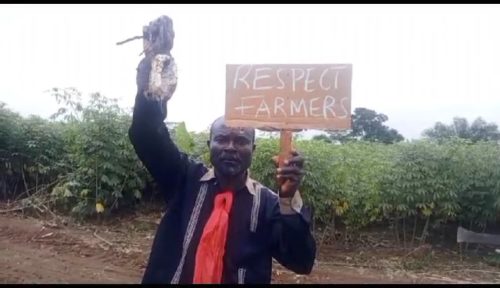
The frustrated farmers have staged a demonstration on the degraded farmlands, calling for the developer to be stopped. They allege that the destruction continues, with more cocoa farms being cleared to prepare the land for further developments.

In addition to the actions of the private developer, the farmers have accused the Chief of Ejisu-Odaho, Nana Kwadwo Adu Bobbie, of selling their lands to the developer without providing any compensation. They claim that the sale was done without their consent, and they now find themselves with no means of income or sustenance.
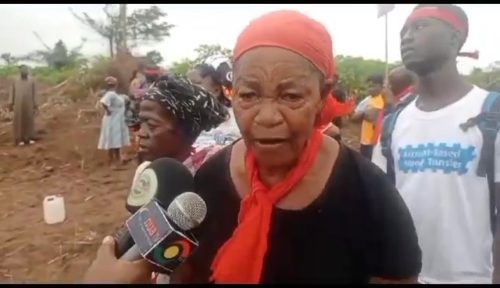
Speaking to the media, the aggrieved farmers called for the intervention of the Asantehene, Otumfuo Osei Tutu II, to ensure justice and compensation. “All our properties have been destroyed. We are appealing to Otumfuo to intervene to ensure that adequate compensation is given to the affected farmers,” one of the farmers said, expressing the collective sentiment of the group.
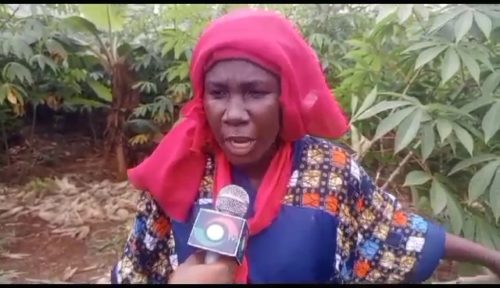
The farmers stressed that they have been left in dire straits, with no land to continue farming, which is their main source of livelihood. They are asking for urgent attention to resolve the issue and ensure that they are compensated for the loss of their farms and produce.

In response to the accusations, the Chief of Ejisu-Odaho, Nana Kwadwo Adu Bobbie, denied any involvement in the illegal sale of the farmlands. He expressed regret over the destruction and apologized to the affected residents. “I will make sure the affected farmers get what they deserve,” he said, offering assurances that steps would be taken to address the grievances of the farmers.

The situation in Ejisu-Odaho highlights the growing tension between traditional land ownership and private development in the region, as communities struggle to balance the need for development with the protection of local livelihoods. The farmers are hopeful that the intervention of traditional authorities will help resolve the issue and bring about a fair resolution.
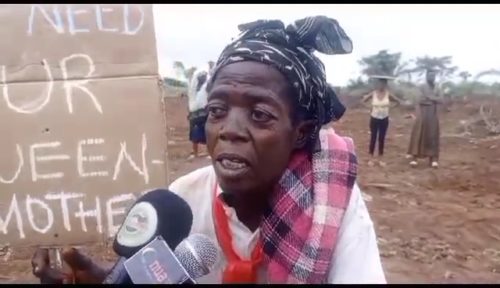
As the issue unfolds, all eyes are now on Otumfuo Osei Tutu II, whose intervention could potentially bring peace and ensure that the affected farmers are duly compensated for their losses. The community is calling for swift action to prevent further destruction and protect the livelihoods of those who depend on the land.
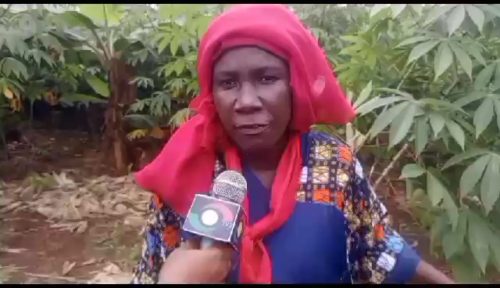
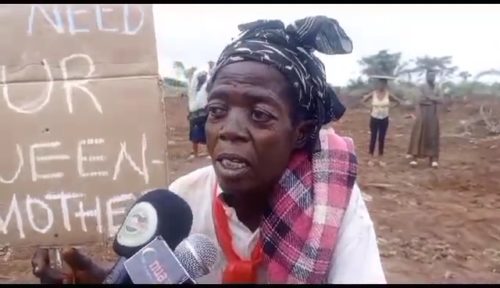
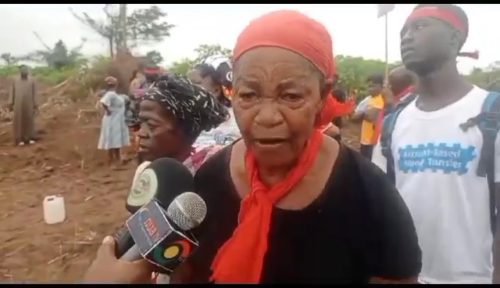




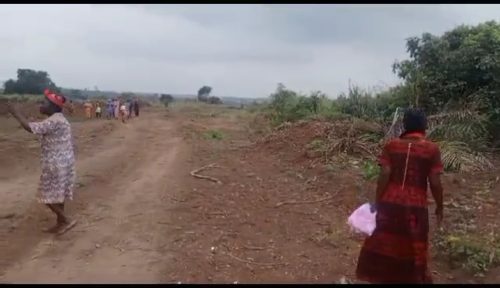
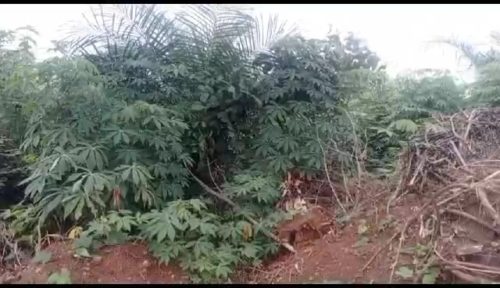
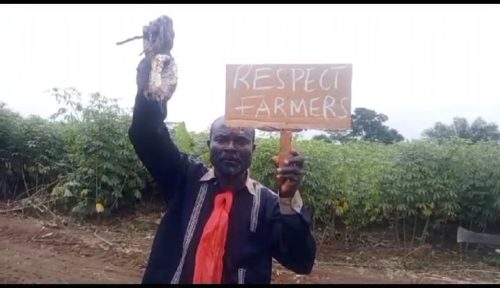
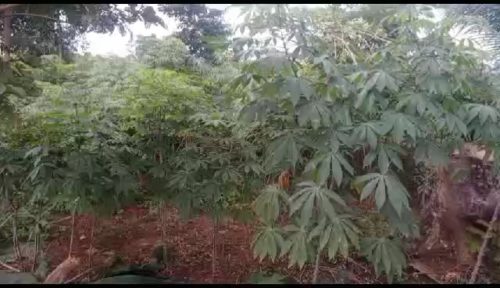
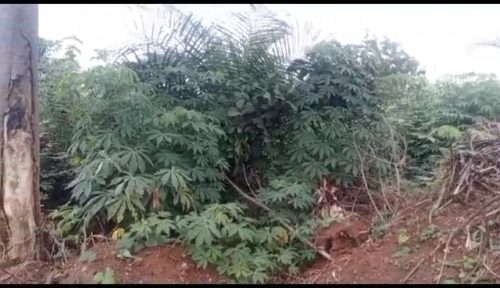
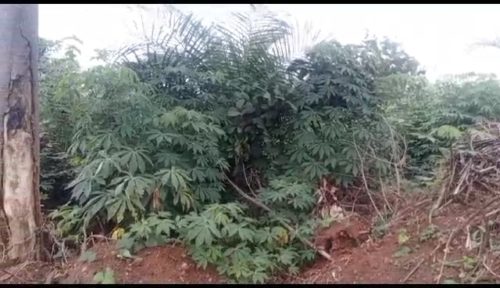
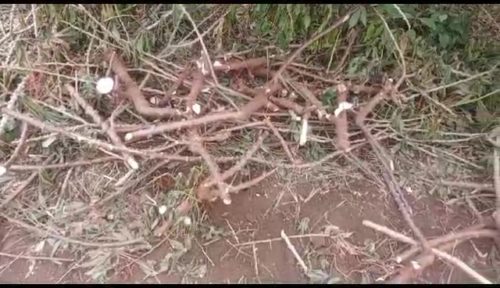
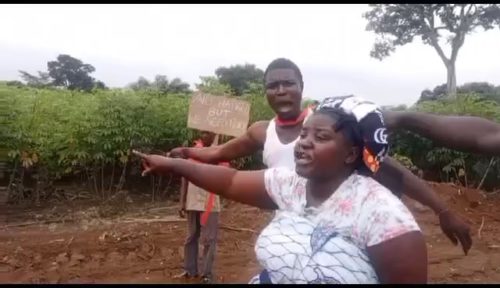
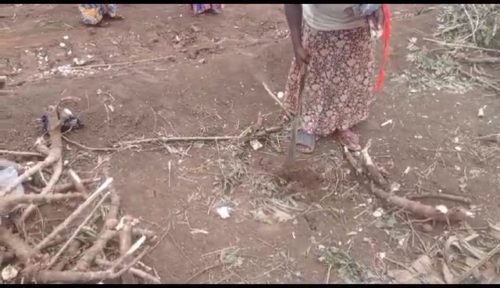
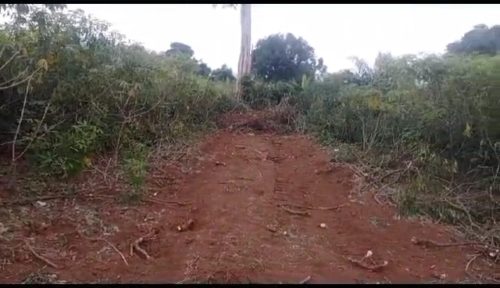
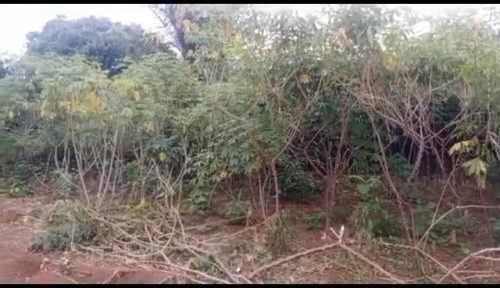
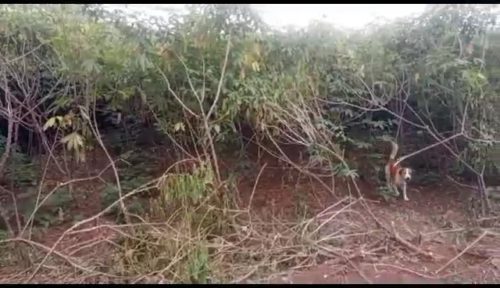
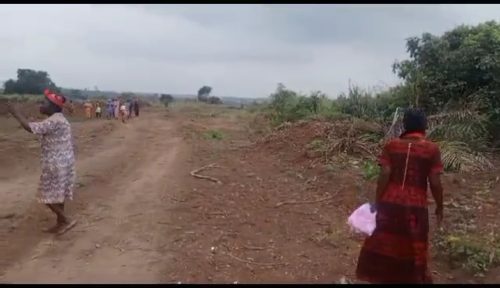
By Simon Opoku Afriyie
